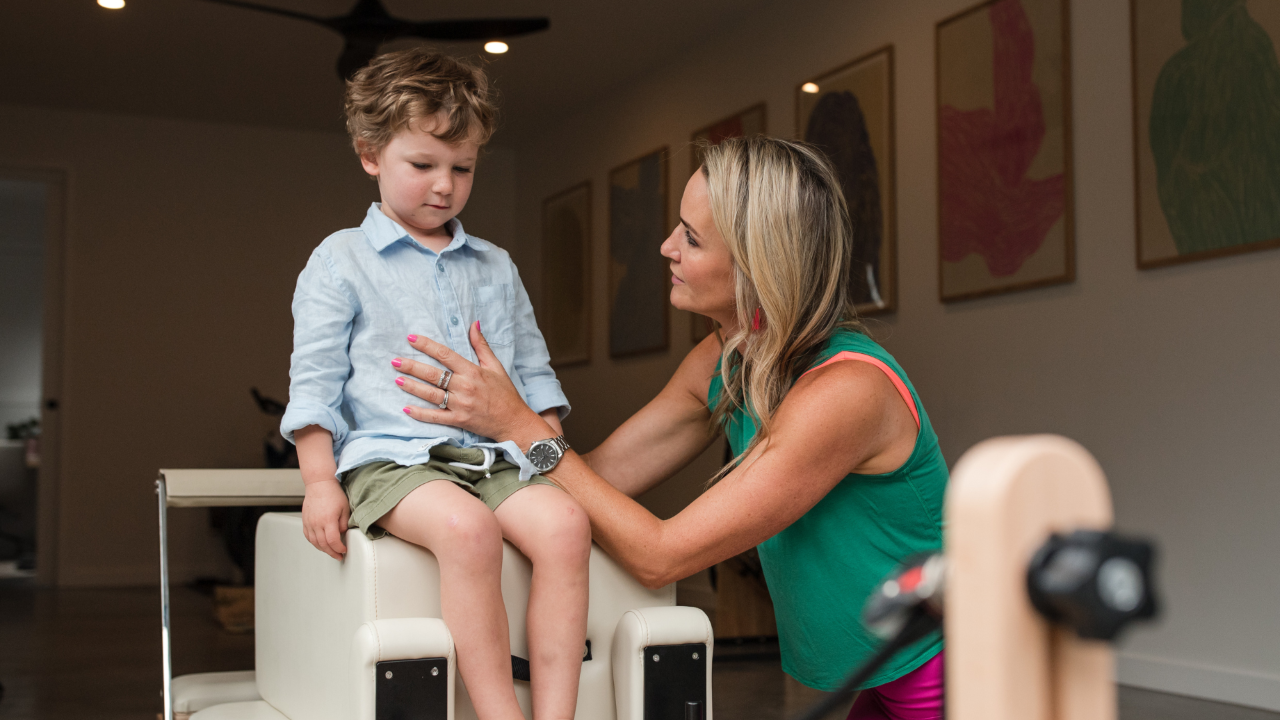The Quiet Skill That Changes Everything: Why Clinical Intuition Matters in Therapy
Jul 01, 2025
Trusting Clinical Intuition in Practice
Why it matters in both adult rehab and paediatrics and how we use it across our work.
As a business owner across two very different populations from adults rebuilding strength and function at Northside Allied Health, to little ones learning and growing through Kids Heart Pilates, I’ve come to realise something vital:
Clinical intuition is the quiet superpower that underpins our most meaningful work.
It’s not always talked about in PD workshops or documentation templates. It doesn’t live on a KPI board. But it’s there and it matters.
What Is Clinical Intuition?
It’s not a guess. It’s not a hunch pulled out of thin air.
Clinical intuition is informed insight. It’s that subtle inner nudge that comes from time, experience, observation, reflection, and genuine connection with the people we support. It’s the way we bridge evidence-based practice with real-world, real-human variation.
In Adult Practice: Why It Matters at Northside
With our adult clients, we might be supporting recovery after injury, chronic pain, strength goals, neurological rehab or emotional burnout.
Clinical intuition helps us:
-
Notice when someone’s pain isn’t just physical.
-
Pick up on the fatigue in a client’s voice before they say it.
-
Know when to push for progression… and when to pause.
-
Spot subtle improvements that don't show up on paper yet.
-
Adapt communication styles for trust, comfort, and buy-in.
At Northside, we train for clinical skill but we also nurture the emotional intelligence that makes good clinicians exceptional ones.
In Paediatrics: Why It’s Essential at Kids Heart Pilates
In our paediatric work, intuition might be even more important because kids don’t always tell us what’s going on.
It guides us to:
-
Recognise sensory overload before a meltdown.
-
Shift activities when attention or regulation wavers.
-
Notice a child’s spark of joy and lean into it for connection.
-
Meet a family where they’re at with empathy and support.
-
Read between the lines when a parent is struggling but doesn’t know how to say it.
Clinical frameworks are our starting point but clinical intuition is what lets us respond in the moment and make therapy feel safe, personalised, and empowering.
It’s Not Either/Or, It’s Both
Evidence-based practice gives us the what. Clinical intuition helps us deliver the how and when. It’s the art and science of care working together.
In both of my businesses, I see this as the golden thread:
💡 The clinicians who truly help people shift whether it’s strength, mindset, movement, or confidence are the ones who trust what they know, and what they feel.
If you’re a clinician or health professional, know this:
Your intuition is earned. It’s part of your skillset. Don’t downplay it.
In fact, in a world full of protocols and procedures, it might just be the thing that sets you apart and makes all the difference for the people you serve.

